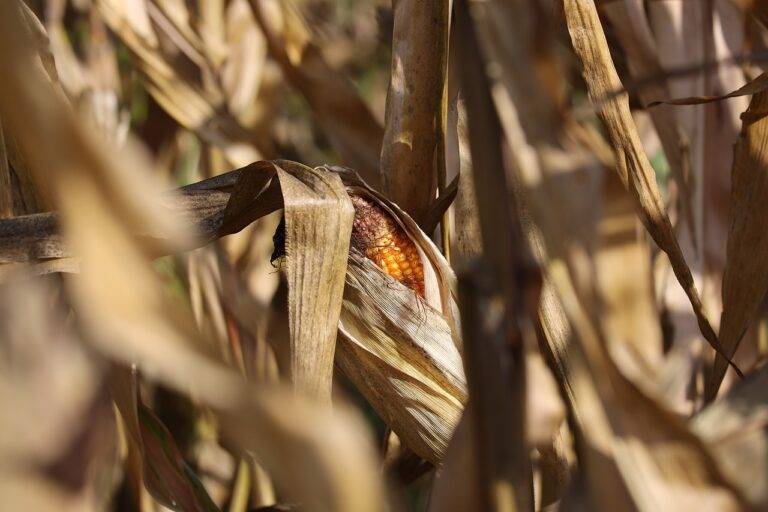Food Waste Reduction Strategies for a Sustainable Future
Food waste poses a significant threat to the environment, contributing to greenhouse gas emissions and climate change. When food is thrown away and ends up in landfills, it undergoes anaerobic decomposition, releasing methane gas into the atmosphere. Methane is a potent greenhouse gas, more harmful than carbon dioxide in trapping heat and contributing to global warming.
Additionally, the production of uneaten food also leads to the wastage of valuable resources such as water, land, and energy. The resources utilized in growing, harvesting, processing, and transporting food that is ultimately wasted represent a significant environmental cost. Reducing food waste not only helps to mitigate the environmental impact but also conserves precious resources essential for sustaining life on our planet.
Understanding the Causes of Food Waste
Food waste is a complex issue with various causes contributing to its prevalence in society. One major factor is consumer behavior, such as purchasing more food than needed or letting perishable items expire in the refrigerator. In a world where excess is often valued, it is common for individuals to overbuy and discard food without a second thought.
Another significant cause of food waste is the lack of proper planning and organization within the food industry. From farms to supermarkets to restaurants, mismanagement and inefficiencies in the supply chain can result in tons of edible food being disposed of each year. Whether it be due to strict cosmetic standards for produce or oversized portions at eateries, the failure to optimize resources leads to a substantial amount of waste that could otherwise nourish those in need.
The Economic Cost of Food Waste
Food waste comes with a hefty price tag, impacting not only the environment but also our wallets. The economic cost of food waste is staggering, with millions of dollars lost each year due to wasted food. Businesses, households, and the government are all affected by this financial burden. From the cost of producing and transporting food that ultimately goes to waste to the expenses associated with disposing of it, the economic implications are significant.
In addition to the direct financial costs, food waste also incurs hidden expenses that have a ripple effect on the economy. Wasted food contributes to higher disposal and landfill management costs, leading to increased taxes and utility bills for residents. Moreover, the inefficient use of resources in producing wasted food results in missed opportunities for economic growth and investment. Ultimately, addressing the economic cost of food waste is crucial for sustainable and prosperous communities.





